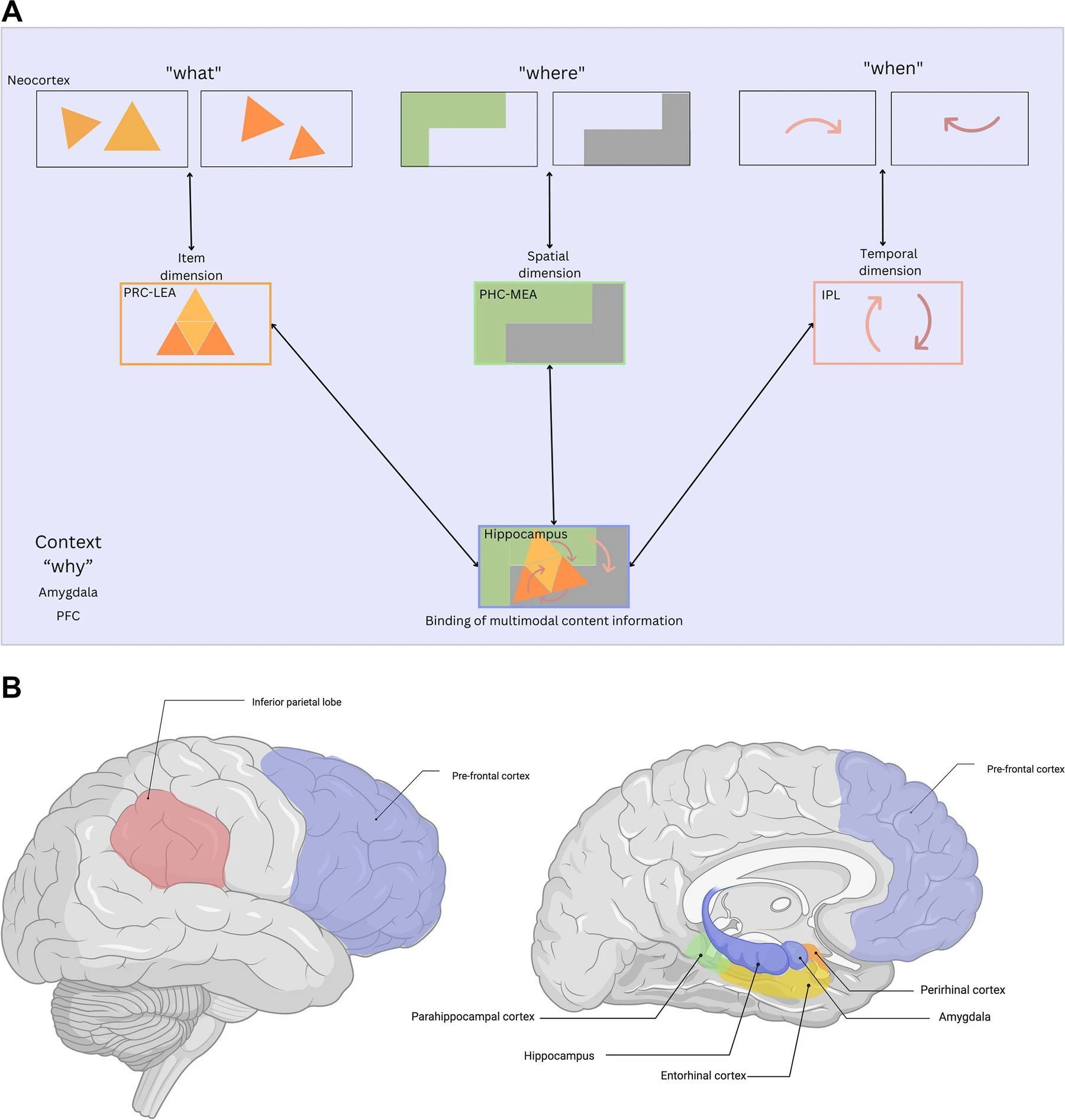News
New study explains why people memorize things selectively
American scientists from Rice University in Texas have revealed the properties of episodic memory that correspond to the retention of certain memories. The study results provide insight into the influential factors of human memory and their variations between people.
The researchers categorized the study of memory into three main areas: the nature of the memories themselves, their contextual location, and the timing of recall. Scientists have found that memories are most often shaped by emotional content, personal significance, attention, and repetition, Tech Explorist writes, citing a study published in the journal Cognitive, Affective, & Behavioral Neuroscience (CABN).
Fernanda Morales-Calva, a graduate student, and Stephanie Leal, an adjunct assistant professor of psychology, synthesized existing research to clarify the "three Ws" of memory—What, Where, and When we remember. Their findings reveal critical insights into the dynamics of memory retention, including how emotional significance, personal relevance, and unique individual differences play a key role. Going beyond purely experimental research, this review enriches our understanding of episodic memory.
As mentioned earlier, our memories are largely shaped by emotional content, personal significance, attention, and repetition. That is, events that evoke strong emotions or details that attract our attention are usually remembered more vividly.
Factors that influence our memories also include the location of the event. Researchers have studied what is called spatial memory in animals, noting that it is an important aspect of our memory that also applies to human experience. A new environment attracts more attention and thus contributes to the memorization of stronger memories compared to the conditions to which we are accustomed.
In addition, the timing of the event affects memorization too. The way people organize events in chronological order and recognize changes between them is vital to remembering. Specific incidents are often divided into separate episodes, which can make it easier for individuals to recall.
"Memory is not a one-size-fits-all phenomenon. What’s memorable for one person might be entirely forgettable for another depending on their unique background and cognitive priorities," says Morales-Calva.
The authors argue that the complexity of memory can be better understood when individual differences are incorporated into research designs. They hope to bridge the gap between laboratory results and their application in the real world to improve understanding of human experience.
Only verified information is available on OBOZ.UA's Telegram and Viber channels. Do not fall for fakes!





























